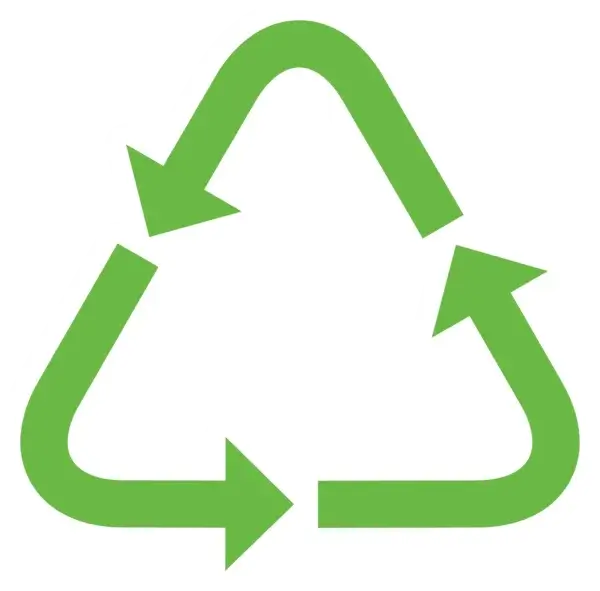Is the idea of sustainable development in corporations disappearing or is it gaining importance?
As surprising as it may seem, both views are true. Companies no longer ignore ecology – in most large companies there is someone who is at least partially focused on these issues. Therefore, managers can honestly tell MIT that the problem is on their agenda. However, when ecology is responsible for only one person or department in an organization, it is not surprising that we feel some slowdown at the same time. Ecology has ceased to be a fashionable new trend and has become another thing to watch: for many, it is another thing to tick off.
However, it is more like a “how” concept as well as quality and innovation. It is a way to create the highest value when it is firmly embedded in the entire organization. Of course, companies have separate departments and specialists for quality, market research agency in Poland and development strategies, but most of the companies involved implement this kind of thinking in every aspect of their business. This approach to sustainable development should be born throughout the organization. And as with quality, it’s not just about ethical or aspirational hopes.
Resource constraints and rising commodity prices, rising buyer, worker and consumer expectations, risk of major disruptions to business continuity due to water supply problems, climate change or worker problems in the supply chain… The list of pressures increases every day.
All these issues need to be “fully covered” in all aspects of the company’s operations. In the world of sustainable development, it has become a mantra to say that ecology should be a task for everyone. Of course, this is true because risk detection and innovation often fall on those closest to “the ground” (hint: it is rarely top leadership). In most companies, however, there is no significant action.





